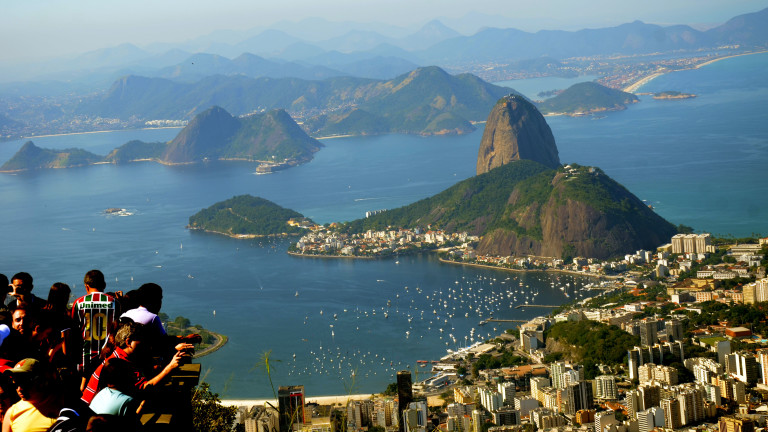Kerry Steinhofer, Copy Editor
While the Zika virus has caused widespread panic throughout the Americas officials say it would take something much more dangerous than a virus to prevent the Summer Olympics from taking place.
President of the International Society of Olympic Historians David Wallechinsky told the Associated Press, “Historically, the only times the Games have been cancelled is in war — World War I and World War II.”
[column size=two_third position=first ]
According to NBC, Brazil’s Sports Minister George Hilton issued a statement saying canceling the Games “is not in discussion.” Rio organizers and the International Olympic Committee have continually issued similar statements, saying that there has been an overwhelming amount of investment and commitment and it is too late to cancel.
Government health officials assure those who are attending the Olympics that they will be safe from the Zika virus. Medical director Dr. Joao Grangeiro is promising the mosquito count will fall in August when the Olympics will be taking place.
Grangeiro told NBC, “We will have Summer Games, but for us it’s winter time. We can’t say we won’t have any cases [during the Games], but we see this as a minimal risk.”
Rio’s city health secretary Daniel Soranz told NBC the mosquitos around the Olympic Park were not primarily the ones transmitting the virus.
“The outbreak is 2 to 5 hours north of where the Olympics will actually be, and people who go, there shouldn’t be a threat because they’re not near mosquito infested areas,” said professor Sarah Hogencamp, who will be leading a group of journalism students in Rio.[/column]
[column size=one_third position=last ]
“[N]o matter how much we prepare…there will always be a risk associated with international competition.”
[/column]
Even though there seems to be little risk to athletes and prospects at the Games, there are still several athletes who are concerned.
According to NBC, The U.S. Olympic Committee will hire two infectious disease specialists to advise potential athletes who are worried about the virus.
A letter sent out to athletes stated, “no matter how much we prepare…there will always be a risk associated with international competition.”
“Right now it’s just a massive panic because nobody really knows what Zika does to you,” said Hogencamp.
The Zika virus is just one of the issues involved in Brazil’s first Olympics. An NBC article stated that water pollution could affect sailing, rowing, canoeing, triathlon and open-water swimming. In addition, Brazil’s struggling economy has also caused Rio organizers to make deep budget cuts of almost 30 percent to keep a $2 billion operating budget in balance.
Just months before the games, nearly half of the domestic tickets for the Games have been sold, and officials fear the Zika outbreak could scare off tourists — particularly Americans. While there may be a large number of Americans being turned away from attending the Games because of the virus, it’s not stopping Asbury’s media and journalism students from going.
“At this point, we really don’t know enough info about Zika to know if it could be a problem,” said Professor Jim Owens. He says that to our advantage, the Games are located along the coast, which is an area the mosquitoes stay away from. “I was in Rio last year during the winter period and did not receive any mosquito bites.”
“I have no concerns about being in Rio amidst the recent news coverage highlighting the Zika virus,” said senior Julia Chin. “If anyone traveling to Rio is concerned about it, I recommend they invest in some strong bug spray.”




